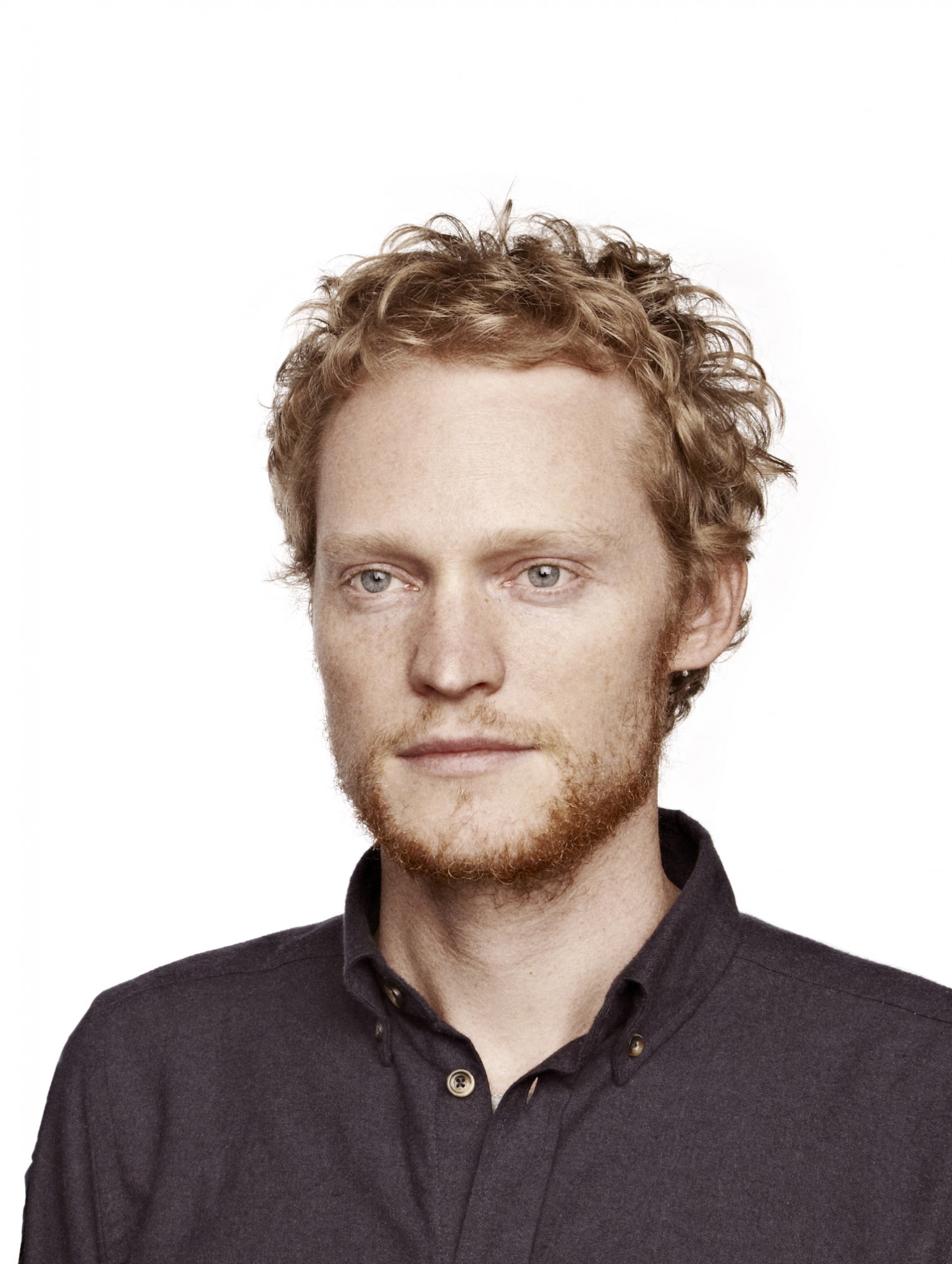
01 June 2016
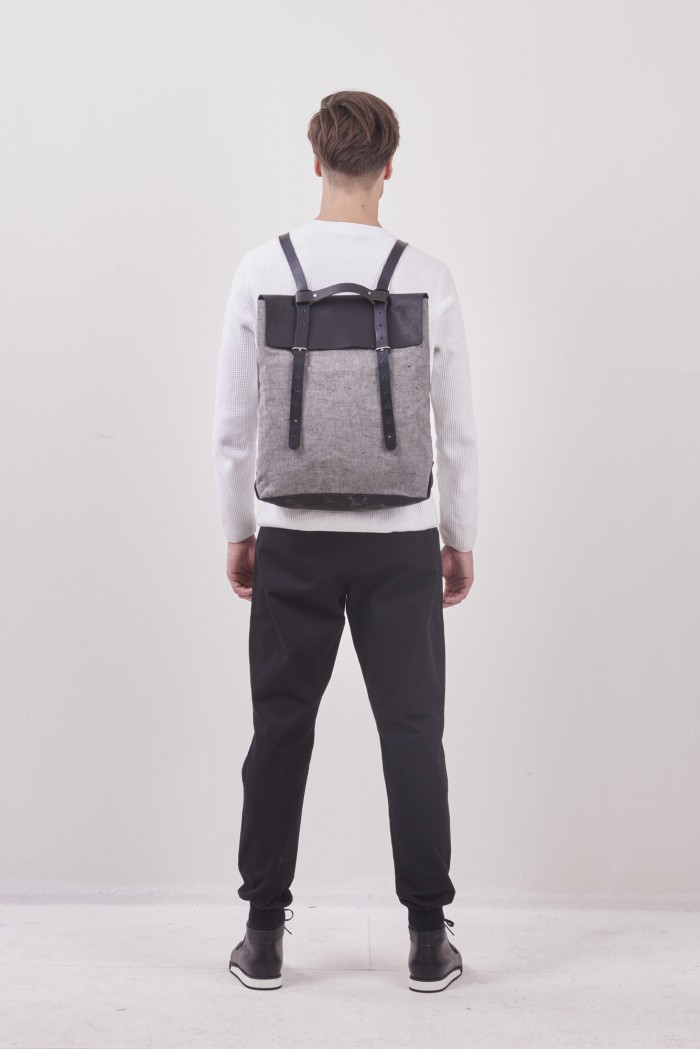
The Zurich-based product designer Christian Paul Kaegi is the co-founder of the backpack label QWSTION.
Awareness of how and where products are made is one of his priorities. Four years ago Christian initiated the project The Swiss Made – Edition for the brand QWSTION. Supported by textile developer Marcel Geser, the sourcing of every detail was questioned in order to find the best way of creating a sustainable bag entirely manufactured in Switzerland.
In cooperation with weaving mill Jenny in Ziegelbrücke, a fabric made from 100% hemp has been developed. The material builds the base for long-lasting and sustainable products. Contemporary manufacturing processes, refined ways to treat details and simple constructions make comparatively low production costs possible while using highest quality materials.
How relevant is the notion of UTOPIA within your practice, approaches and strategies?
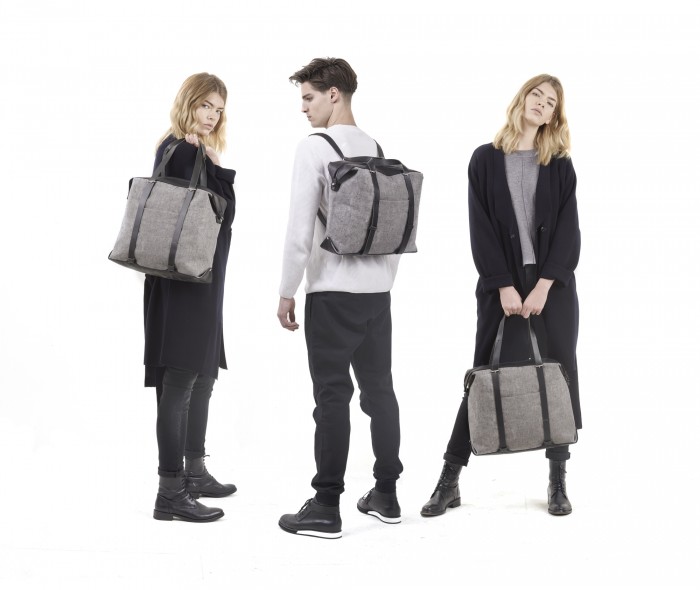
Personally, I’ve been greatly influenced by modernist principles – appropriate use of materials, reduction of form to it’s essence, efficiency in construction. I’m fascinated also by the way minimal artists like Donald Judd and Dan Flavin have created works in the context of form and function. Both movements had their utopia.
Design for me is the process of translating an idea into something tangible, taking into account cultural factors as well as aspects of materials, construction and production. And especially in todays abundance of everything, any new product should be improving on the status quo.
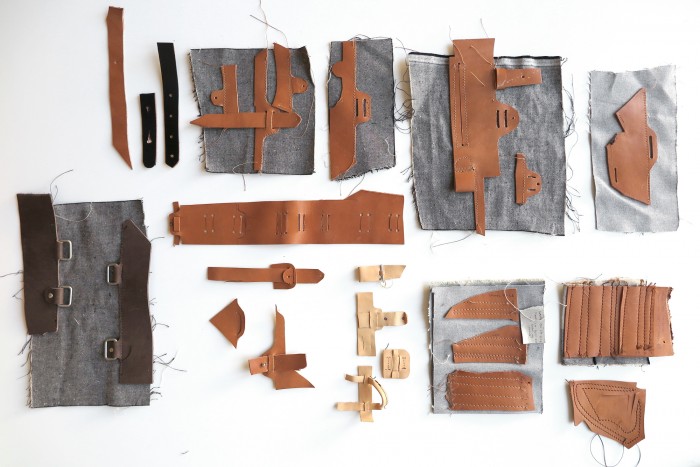
After a few years of commissioned projects ranging from glasses to furniture and interiors, I co-founded the backpack brand Qwstion together with Sebastian Kruit, Fabrice Aeberhard, Matthias Graf and Hannes Schönegger, as I felt the desire to have more influence on the process of bringing ideas to life. We simply wanted to make good everyday bags, that work just as well on a bicycle as in a formal meeting. It was then when we defined our motto of «questioning the norm». There is an element of utopia, but we are also quite hands-on and realistic about creating bags that work for everyday use today.
Our «Swiss made« collection, which explores the potentials of bag making in Switzerland nowadays, is definitely the most challenging and forward thinking project so far. We developed our own 100% hemp fabric starting at the source of the material – the plant. But we couldn’t have aimed for the future without looking back and understanding why certain materials or techniques are not commonly used anymore today.
Utopia is defined as the imagination of an ideal system or pattern of a civil organisation. How do you see the role of creative practice within this concept? Or otherwise, can design change society – referring to a common utopian aspiration to create a new society through design?

The evolution of mankind has been massively influenced by human creations, both in positive and negative ways. It lies in our nature to push the boundaries of what is possible. Design as a conscious attempt of defining systems can definitely change society. I think it is visions that shape our reality of the future.
Are there any other manifestos, publications or thinkers that have influenced your work or mindset?
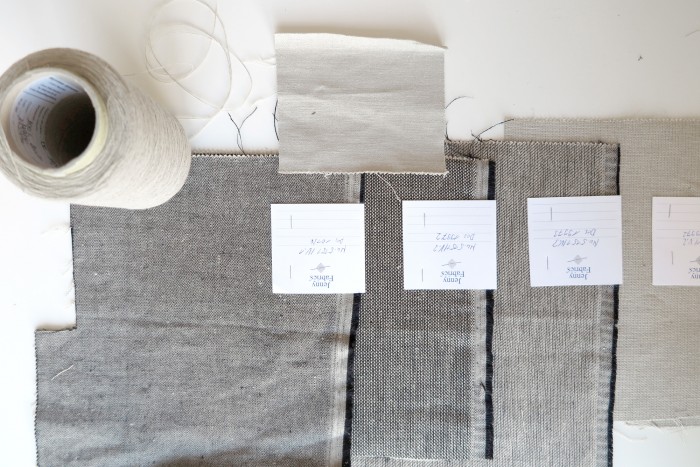
It’s not like we are living in a bubble, we are surrounded by influences. Peter Erni’s book about «Die gute Form» and Victor Papanek’s «Nomadic Furniture» have had a specific impact on my work.
But ultimately inspiration is everywhere, in any environment, within every project. it’s important to keep the mind open and connect the dots.
More information about the Swiss Made Edition here and on QWSTION here.
